Published
- 06:00 am
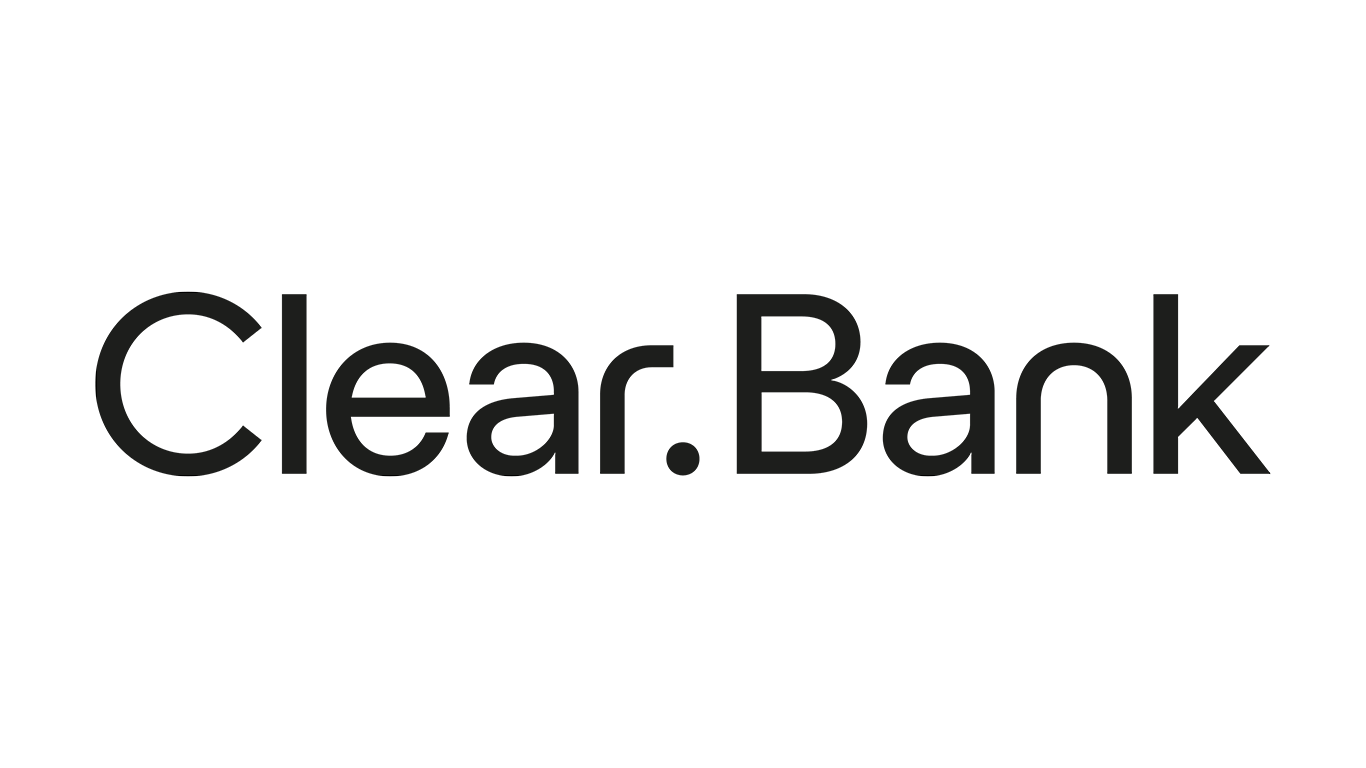
ClearBank, the enabler of real-time clearing and embedded banking for financial institutions, today announced that it has appointed Spiros Theodossiou as Chief Product Officer (CPO).
An industry figure with over 20 years of experience, Spiros previously served as CPO at cloud accounting platform DEXT. Before this, he was SVP of Product Management at WorldPay and his professional history includes various lead and executive product positions for other industry stalwarts such as PayPal, Skrill, and Vouchercodes.com.
Spiros will lead the bank’s global product strategy, creating and executing its product roadmap. He will work closely with teams across ClearBank to develop and maintain the bank’s capabilities, ensuring they’re aligned with client needs as the bank expands into new markets. Spiros will also play a key role in delivering innovation for ClearBank and its clients in the ever-changing digital landscape.
“ClearBank is already an incredibly successful fintech with a well-defined value proposition that customers love,” said Spiros, “the growth opportunities, both in the UK and as ClearBank expands internationally, are phenomenal and I look forward to being a part of the bank’s journey, working closely with our clients to understand their needs, drive product innovation and help take our vision to new markets."
“We’re thrilled to have Spiros join ClearBank on its growth journey in the UK—and to help with our ambitious international plans,” said Charles McManus, CEO at ClearBank. “He joins a team focused on challenging the global marketplace and providing high-performance products worldwide and will be key to the next chapter in ClearBank’s story.”
Related News

Ralph Dangelmaier
Global CEO at BlueSnap
People are misunderstanding the Apple savings account announcement. This is actually a great example of the new Embedded Banking innovation happening across the indust see more
- 02:00 am
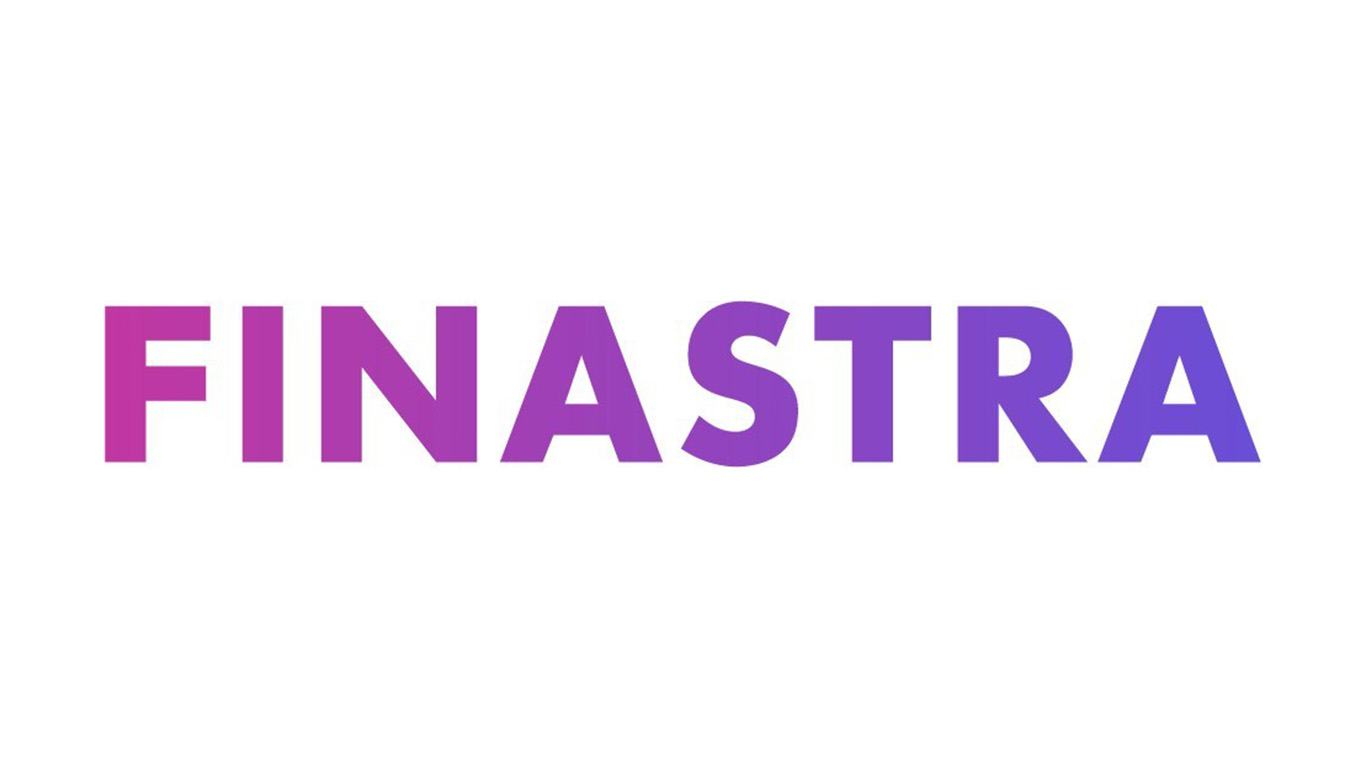
Finastra research reveals that fintech partnerships are a critical part of a bank’s strategy, with 3 in 4 global banks planning to connect with an average of 3 fintechs in the next 12-18 months. The largest proportion of respondents want to plug into a platform of integrated fintech solutions (56%), with only 6% preferring to build capabilities in-house. This is particularly prevalent in Europe, where this is 73% and 5% respectively.
The research, conducted by East & Partners, finds that the core motivations of global respondents to integrate fintech solutions is reducing operational costs (46%), deploying new technology with greater ease (43%), and aligning more closely with evolving compliance needs (37%).
Digital transformation remains a priority, with global institutions investing an average of $367.6 million in transformation in 2023. European banks are investing substantially more, at an average of $886 million. However, while global respondents say they have digitized 47% of their digital processes on average, only 1 in 5 feel they are ahead on their digital journey (20%), and 1 in 2 (54%) believe they are behind. This is substantially lower in the Middle East, where only 12% feel they are ahead and 62% say they are behind.
The research was conducted amongst 783 interviewees at 260 banks in the UK, Europe, the Middle East, Asia Pacific, and the Americas, as well as 393 interviews with North American community markets banks and financial institutions. The findings explore the current appetite in the marketplace for fintech investment and integration, and Environmental, Social and Governance (ESG).
Other insights include:
- Banks are using fintechs to enhance the customer experience – when searching for a new fintech partner to improve their customer offering, global banks are prioritizing online portals / banking channels (55%), transparency across processes, such as providing the customer with real-time updates on onboarding progress (45%) and improving end-to-end connectivity and value-add services (44%).
- Organizational ESG priorities vary globally – reducing their own carbon emissions is the primary ESG goal for 49% of global banks, followed by board and management alignment on sustainability initiatives (46%). These stats are similar for banks in the Middle East. In Europe, a larger proportion (74%) are prioritizing reduction in carbon emissions, followed by settling on definitions and terms (67%). In APAC, the main priorities are securing longer-term funding internally (63%) and board and management alignment on sustainability initiatives (61%).
- Appetite for green lending continues to soar – 3 out of 4 global banks plan to increase their exposure by more than 16% in the next 12-18 months or more. The main barriers banks face in relation to ESG are:
- The lack of ESG products being delivered by fintechs that banks can offer to corporates (40%).
- Keeping pace with rapidly evolving regulatory compliance requirements (20%).
“In an environment characterized by uncertainty, high inflation, fluctuating interest rates and recessionary risks, banks are under an increasing amount of pressure to drive operational costs down while continuing to improve how they serve their customers,” said Isabel Fernandez, EVP Lending at Finastra. “Our survey demonstrates the recognition from banks that they cannot navigate these waters alone. They are instead opting to partner with fintechs, with a preference for plugging into a platform of integrated fintech solutions, to help them to adapt quickly while reducing costs.
“The research also shows that ESG is continuing to expand throughout a bank’s internal operations and external offerings. At Finastra, we champion the idea that finance is open. Whether through our open platform for collaboration and innovation – FusionFabric.cloud – or our belief in open technology, mindset and culture, we are helping banks future-proof their offerings and drive a better future for the communities they serve.”
"Major inflection points in recent years have had, and are still having, a dramatic impact on how financial services is evolving,” said East & Partner Global Head of Markets Analysis, Martin Smith. “This is forcing institutions to reconsider how they manage risk, increase their agility, and fast-track innovation to evolve with new demands. We partnered with Finastra to better understand and showcase how banks are adapting to this environment. We believe that despite the challenges facing global banks, the industry’s focus on collaboration and driving ESG initiatives forward, highlighted by the research, will ultimately have great benefits for financial institutions and their customers, today and in the future.”
Access the full reports and findings here:
Some percentages sum to more than 100 due to multiple responses from interviewees.
Related News
- 03:00 am
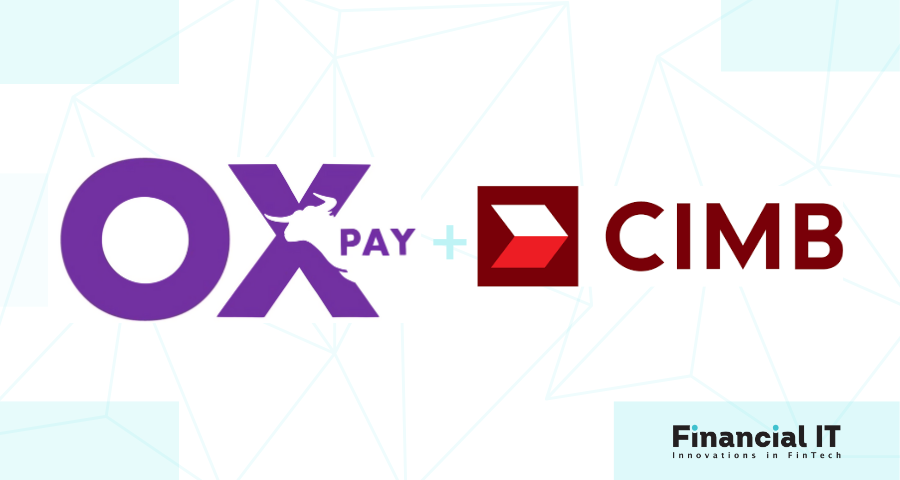
CIMB Bank Berhad is a wholly-owned subsidiary of CIMB Group Sdn Bhd, one of Malaysia's largest financial services providers and a leading universal banking group in Southeast Asia. CIMB Bank operates on a full banking licence in Singapore. It offers investment banking services (including corporate finance and debt capital markets), banking products and services, treasury products and services, research coverage and asset management.
According to the agreement, OxPay will offer digital payment solutions services to CIMB Bank's vast network of clients under the proposed collaboration. This will allow them to expand their range of products and services in CIMB Bank's Merchant Business section. Through working together, OxPay aims to grow its reach in the offline vendor and merchant market and provide services that were previously unavailable through other collaboration. With CIMB Bank's assistance, OxPay will be able to offer payment processing services at a reduced card network cost, resulting in lower transaction fees for merchants.
Mr. Koh Jin Kit, Managing Director of OxPay, said, "We are excited to announce our proposed collaboration with CIMB Bank Singapore. The proposed collaboration will allow us to improve our merchant payment services solutions. With CIMB Bank's influential regional presence, we are eager to support their large extensive networks to expand their product and services offerings in CIMB Bank's Merchant Business segment. The proposed collaboration will also enable us to introduce advanced digital payment solutions to CIMB Bank's clients, opening doors for the future of digital payments in the region."
"Our proposed collaboration with OxPay reaffirms our commitment to driving innovation and enhancing the digital economy in the region. By leveraging our combined resources, we aim to engineer a secure and convenient payment ecosystem that delivers unparalleled value to our customers. The proposed collaboration will enable CIMB Bank's clients to benefit from OxPay's innovative digital payment solutions, enhancing our merchant services for card transactions and financing solutions for both consumers and merchants. We are excited about the possibilities that the proposed collaboration brings and look forward to working with OxPay to deliver innovative digital payment solutions to merchants." said Head of Consumer Banking and Digital, Ms. Merlyn Tsai of CIMB Bank.
The proposed collaboration between OxPay and CIMB Bank is an advancement in the field of digital payments. The proposed collaboration enables both companies to provide innovative payment solutions to merchants. OxPay's expertise in digital payment solutions, along with CIMB Bank's strong regional presence, is expected to increase the use of digital payments and help grow the digital economy in the area.
Related News
- 20.04.2023 -- 07:10 am
Financial IT speaks with Betsy Samuel, Chief Marketing Officer at Global Processing Services at PAY360 Conference to discuss about the emerging trends and challenges in payment industry.
Other Videos
- 20.04.2023 -- 07:05 am
Financial IT speaks with Marc McCarthy, CCO of Kani Payments at PAY360 Conference to discuss the highlight of the event and industry trends and challenges.
Other Videos
- 08:00 am
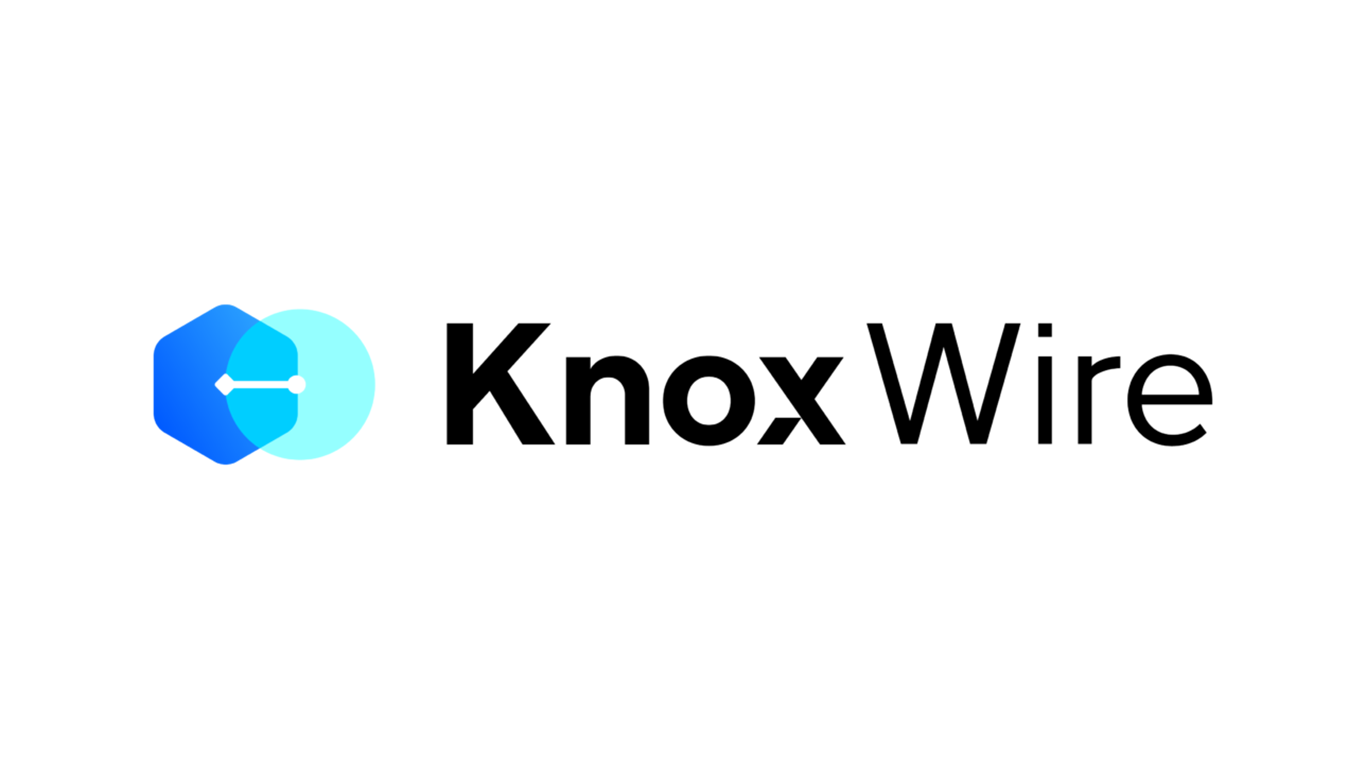
Knox Wire, the global payments and real-time financial messaging network, announces plans to launch its trustless gold-backed currency, PMBC (Precious Metals Backed Currency).
The new product enables governments, corporations and financial institutions to hedge against the instability of the financial system while at the same time keeping funds extremely liquid. Holding the precious metals-backed currency provides an entity with the security of physical metals while being able to instantly convert and send cross-border payments to over 20,000 institutions in nearly 200 countries.
This trustless system will provide users with a secure way to store and send wealth without relying on a potentially vulnerable banking system for storage, settlement or redemption. With this new launch, Knox Wire continues its mission of providing an alternative financial infrastructure to send real-time cross-border payments.
The Launch of a Gold-Backed Currency with a Trustless Mechanism
Knox Wire's new gold-backed currency operates on a trustless mechanism, providing reliable value stability as the metals backing PMBC will not be held by the company, but regional, redemptive trusts located globally.
These trusts will be in centralized locations in North America, Europe and Asia. They ensure that no entity is solely reliant on Knox Wire, a potentially vulnerable financial system, or any single company, for redemption. This trustless mechanism can provide users with peace of mind that their assets are always backed one to one, and always accessible.
Setting a New Standard in Financial Security
The issue with traditional gold-backed currencies is that gold can be prone to volatility on its own. The way PMBC will work to counteract this volatility is by backing each PMBC with one gram of gold, one gram of platinum and one gram of palladium. Reducing potential volatility by distributing any potential market risk between three of the strongest performing precious metals.
PMBC offers substantial benefits to traditional options, including; immediate liquidity, trustless redeemability, distributed backing, and the security of Knox Wire's immutable, distributed ledger. When combined with the services of Knox Wire, PMBC is a solution that sets a new standard for the usability of precious metals.
Related News

Paul Marcantonio
Executive Director - UK & Western Europe at Ecommpay
In the face of the cost-of-living crisis, financial literacy is more important than ever and as April is Financial Literacy Month, it’s an opportunity to revi see more
- 01:00 am
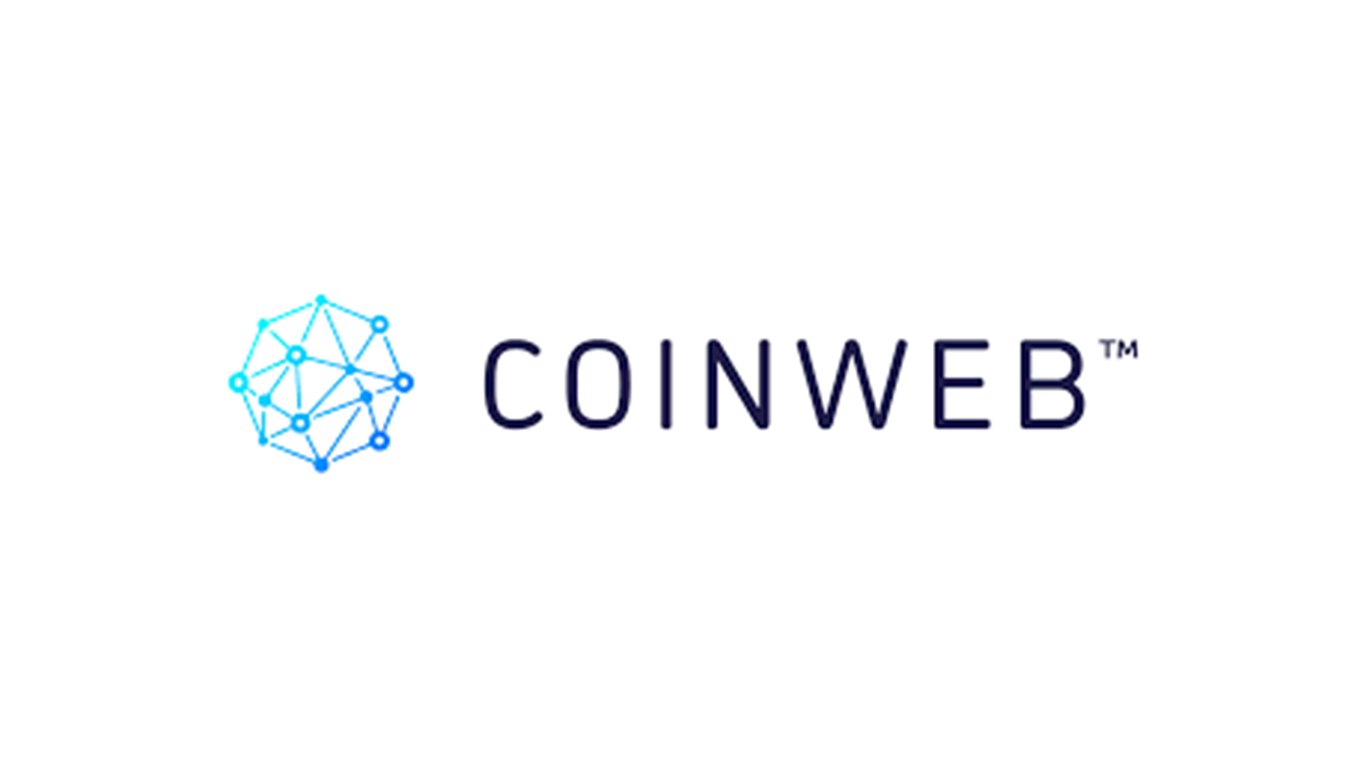
Coinweb, a layer-2 protocol unifying blockchain's interoperability, announced the success of integrating four more chains into its expandable blockchain infrastructure. Prior to BNB, Polygon, MultiversX (formerly known as Elrond) and Kujira; Bitcoin, Bitcoin Cash, Litecoin and Ethereum were already part of Coinweb's underlying networks. To date, Coinweb has executed over 4 million transactions since December 2020, and is responsible for an average of 0.3% of all daily transactions being broadcast to the BNB chain in March 2023.
With these current eight blockchains integrated, Coinweb continues to prove its bold statement of enabling dApps built on top of Coinweb to take advantage of multiple chains' desired features and the flexibility to migrate seamlessly from one chain to another. Blockchain-agnostic tokens that are created on LinkMint -- Coinweb's cross-chain tokenization platform, will now have the option to choose to be embedded in any of these underlying chains, moving between them without the need to hold gas balances of each native layer-1 token. This removes key bottlenecks in delivering interoperability and breaking blockchains out of their individual silos.
"Further proving that projects on Coinweb can run Smart Contract using Ethereum, execute token transactions with MultiversX, store data ledger on Bitcoin, and so on, we have been identifying the optimal mesh of chains to integrate, enhancing features and functionalities of the platform," stated Coinweb CEO & Co-founder Toby Gilbert. "The ability to provide true interoperability without compromising layer-1 consensus is key to delivering blockchain adoption for many large-scale enterprises and blockchain projects that have legitimate concerns tying themselves into one network."
Dove, Co-founder at Kujira, a blockchain built with the Cosmos SDK commented, "As a decentralized ecosystem for protocols, builders and web3 users seeking sustainable FinTech, we are looking forward to this collaboration with Coinweb." He further stated, "We find our mission of providing easy and cost-effective building tools for everyone resonates with Coinweb's existing platform and product offerings. I believe Kujira will play an important role in enabling Coinweb's access to the Cosmos ecosystem in a secure and interoperable manner."
Related News
- 09:00 am
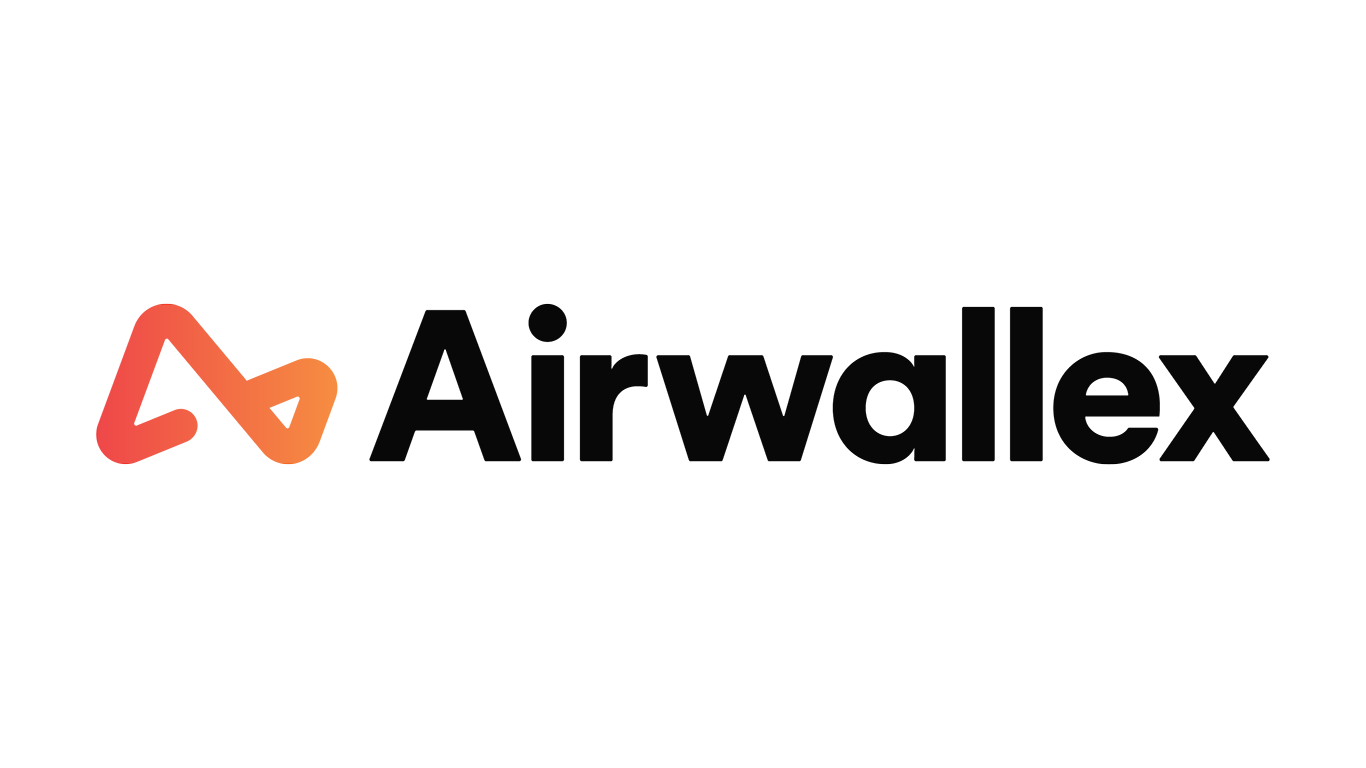
Airwallex today announced the launch of its global payments services in Canada. The launch will empower Canadian businesses to tap into Airwallex’s global payments and financial platform, offering a faster, more cost-effective and transparent alternative to traditional banks.
Businesses in Canada can now access Airwallex’s key offerings including local currency accounts in over 12 currencies, a multi-currency wallet in 44 currencies and payouts to 150 countries with its proprietary local payment network. The full suite of Airwallex’s global products, including multi-currency cards, spend management and online payments will be progressively rolled out in the market.
“To thrive in today’s challenging global economy, businesses must be able to scale without borders, move money across currencies with ease and manage their finances across markets with a single integrated platform,” said Ravi Adusumilli, General Manager of Americas. “Airwallex is excited to support the ambitious Canadian businesses who want to grow internationally, as well as international businesses who have operations in Canada.”
Airwallex already supports a number of Canadian businesses across eCommerce, professional services and technology sectors. These customers leverage the centralized Airwallex platform to simplify payments, from collections to payouts, streamline multi-currency management and optimize cost savings.
“With the launch of global payments services in Canada, Airwallex will be able to empower local businesses even more, to stay competitive, grow their customer base and expand to new markets,” Adusumilli added.
Airwallex’s further expansion into Canada comes on the heels of strong growth in the Americas region, where its customer base increased by more than 300 per cent YoY. Globally, Airwallex continues to scale at pace, covering more than 150 countries, and enabling US$50 billion in annualized transactions. Last month, the company secured an online payment license in China, becoming a third-party payment provider in one of the largest e-commerce markets in the world. This adds to Airwallex’s existing licenses in markets around the world, including Australia and New Zealand, the United Kingdom and the European single market, Hong Kong, Malaysia, Singapore and the United States.
Founded in 2015 in Melbourne, Airwallex is one of the world’s fastest-growing financial technology companies today, operating across Asia-Pacific, Europe and the Americas with nearly 1,300 employees in 19 major locations globally.
Airwallex (Canada) International Payments Limited is licensed to do business as a Money Services Business (MSB Registration No. 14460) with Revenu Québec, and is registered as a Money Services Business (MSB Registration No. M19395067) with FINTRAC.









